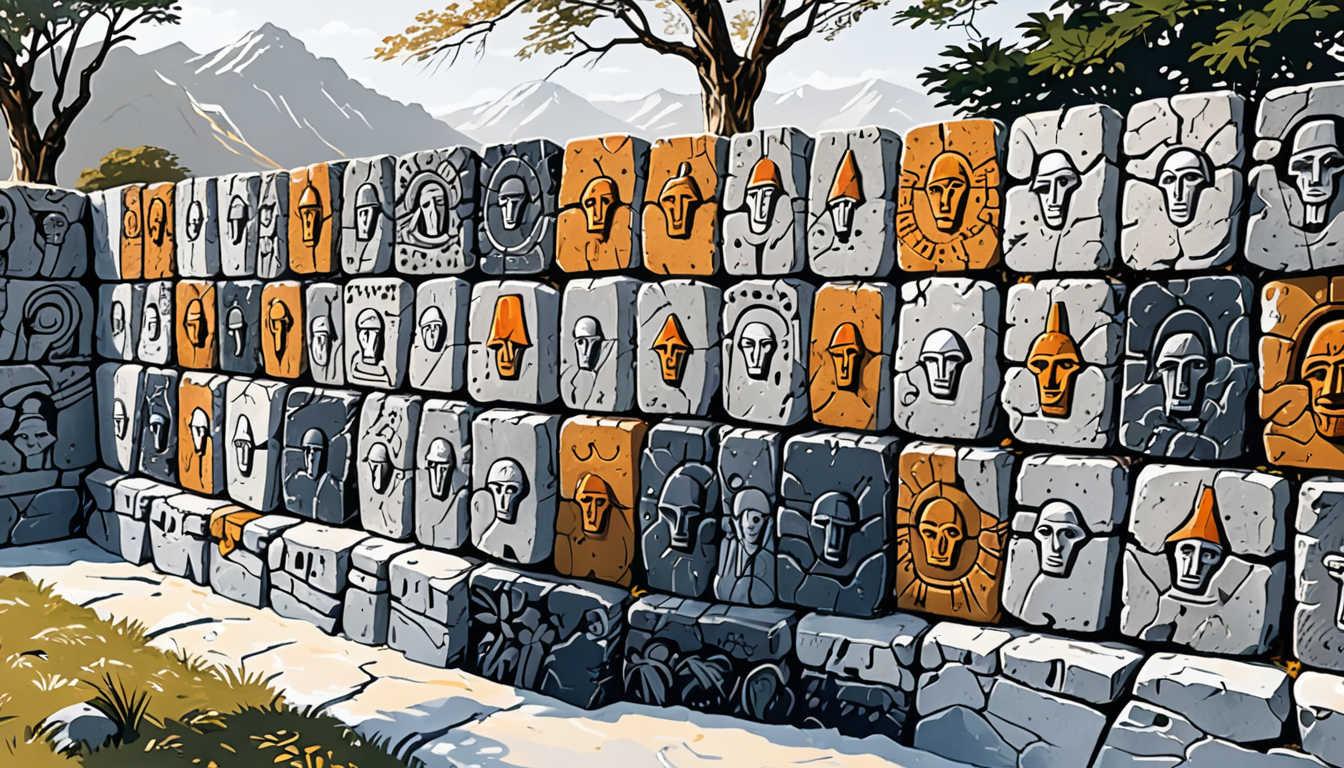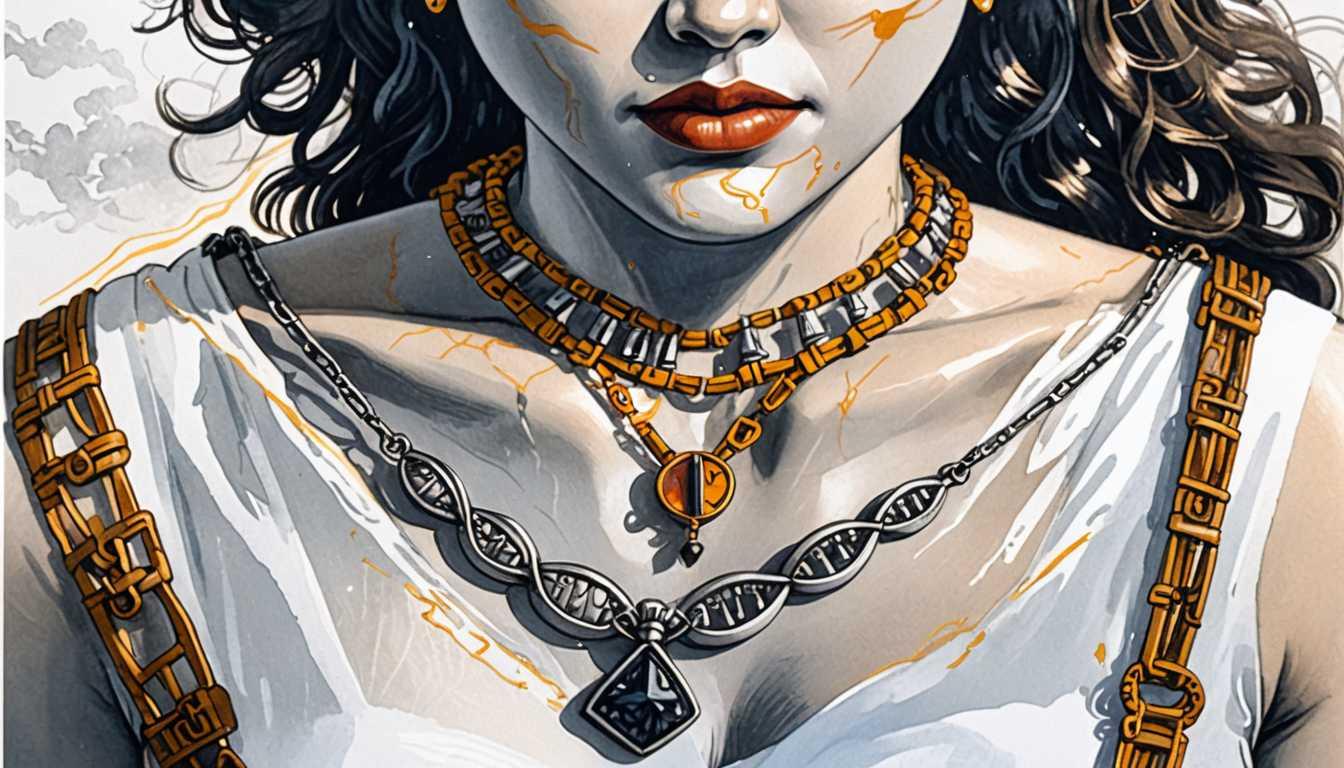DNA: Rewriting Our Ancient Saga
July 2022
Harvard Magazine
Introduction
Dive into the DNA deep end with Harvard Magazine's eye-opening piece on how geneticist David Reich is rewriting ancient human history. Discover how our ancestors' globe-trotting and gene-mixing shatter the concept of "race," prove that Britain's been a melting pot since the Ice Age, and reveal our unexpected romantic liaisons with Neanderthals and Denisovans. It's a genetic rollercoaster that shows culture, not DNA, dictates the rise and fall of civilizations. Spoiler: we're all a lot more related than we thought!
READ FULL ARTICLEWhy It Matters
Discover how this topic shapes your world and future
Unraveling the Tapestry of Our Past
Imagine holding a thread that stretches back thousands of years, connecting you to ancient civilizations, long-forgotten cultures, and the very origins of humanity itself. This isn't a scene from a fantasy novel but the reality of what studying ancient DNA offers us. Geneticist David Reich's groundbreaking work peels back the layers of human history, revealing a complex web of migrations, mixtures, and interactions that challenge our understanding of race, culture, and identity. It's a narrative that not only reshapes our view of the past but also holds profound implications for how we see ourselves and each other in the global tapestry of humanity today. For you, this journey into our genetic past can be a mirror reflecting the interconnectedness of all humans, underscoring the idea that we are, indeed, a world of mixtures, influences, and shared histories.
Speak like a Scholar
Admixture
The result of two or more populations mixing genetically, creating a new gene pool that contains the DNA of the combined groups.
Genetic Signatures
Unique patterns in DNA that can indicate the historical presence of certain populations or the occurrence of specific genetic events.
Neanderthals
An extinct species or subspecies of archaic humans who lived in Eurasia until about 40,000 years ago, known to have interbred with modern humans.
Denisovans
An ancient human group identified from DNA evidence, showing that they also interbred with modern humans and Neanderthals.
Genetic Determinism
The belief that genes determine physical and behavioral traits, including the success of cultures or civilizations, which Reich argues against.
Y Chromosome
The sex chromosome found in males that is passed from father to son, used in studies to trace paternal lineage and migration patterns.
Independent Research Ideas
The Influence of Ancient Migrations on Modern Cultural Practices
Investigate how the movements of ancient populations, such as the Yamnaya, have shaped contemporary cultural practices, languages, and societal structures.
Interbreeding and Its Impact on Human Evolution
Explore the effects of ancient humans interbreeding with Neanderthals and Denisovans, focusing on how this has influenced genetic diversity and human adaptability.
The Role of Genetics in the Spread of Agriculture
Examine how genetic studies can illuminate the spread of farming practices from ancient civilizations to modern societies, including the movement of populations and the exchange of agricultural knowledge.
Ethical Considerations in Ancient DNA Research
Delve into the ethical challenges and considerations of studying ancient DNA, such as respecting the remains of once-living people and engaging with contemporary communities connected to the research.
Decoding the Genetic History of Lost Civilizations
Use genetic data to uncover the stories of civilizations that have left little archaeological evidence, focusing on how genetics can fill gaps in our historical knowledge and challenge existing narratives.
Related Articles

Mysteries of Chichén Itzá Revealed!
June 2024
Harvard Gazette

Mystery of Homo Erectus' Global Trek
October 2021
Smithsonian Magazine

Ancient Innovators: China's 40,000-Year-Old Culture
March 2022
Max Planck Society

Decoding Ancient DNA: A Time-Traveling Pendant
May 2023
Smithsonian Magazine

Kyrenia's Secrets Unveiled
July 2024
Cornell News Highlights